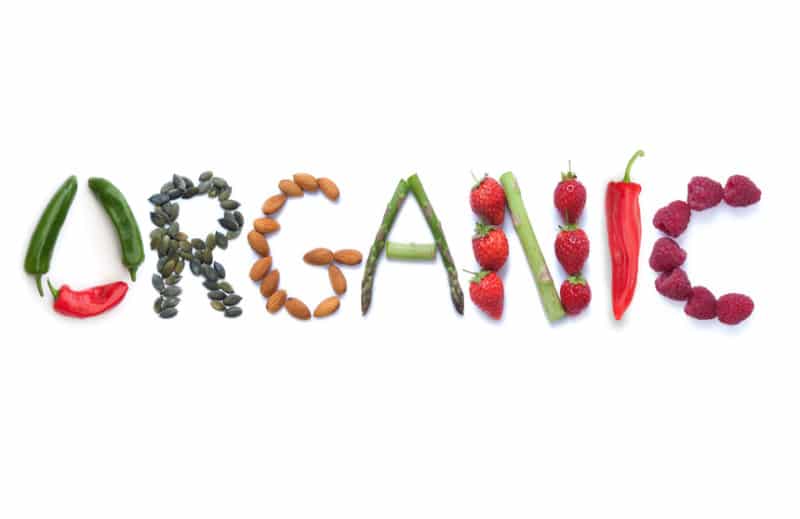Self Reported data was analyzed from 68,946 adults who answered questionnaires and were asked to rate the frequency of eating organic foods from never, occasionally, to most of the time on their food intake from 16 categories including fruits, vegetables, dairy, fish, meat, bread, flour, grains, and eggs.
In 2009 at the start of the study all of the participants were cancer free, by the 2016 follow up 1,340 had developed the disease, most prevalent being: 459 developed breast cancer; 180 developed prostate cancer; 135 skin cancer; 99 colorectal cancer; and 47 developed non-Hodgkin’s lymphoma. After analyzing data people that ate the most organic foods were found to have experienced a 25% decrease in overall risk of cancer compared to those who ate the least, which held true even after taking into consideration other factors that can affect cancer such as smoking, exercise, and socioeconomic status.
Risk reduction was found to be especially high for lymphoma which was decreased by 76% overall, and 86% for non-Hodgkin’s lymphoma, postmenopausal breast cancer risk was also found to have a significant decrease of 34%; results overall suggest that eating organics can help reduce cancer risk.
Difference between organic and conventional foods primarily is that organic foods are less likely to have pesticide residues as organic farmers have to adhere to strict sets of standards for their produce to be classified as organic.
Pesticide use has a growing body of evidence of posing many health risks which includes developmental problems in children and neurological diseases. Legal cases have even been filed against pesticide manufacturers claiming their products have caused cancers. By eating more organics you can help to reduce your own exposure to such carcinogens.
Organic foods are given more time to mature that allows the mineral and sugar structures to develop into higher quality which make them taste better; and organics are not allowed to contain chemical preservatives to prolong their shelf life so you can be sure what you are eating is fresh. Organics are more likely to be free of foreign chemicals that can react with vitamins, minerals and other compounds resulting in higher antioxidant content which can be attributed to many health benefits. Organic farming causes less interference with the environment such as not using harmful chemicals that leach into soil, water, and air that reduces incidences caused by pollution.




